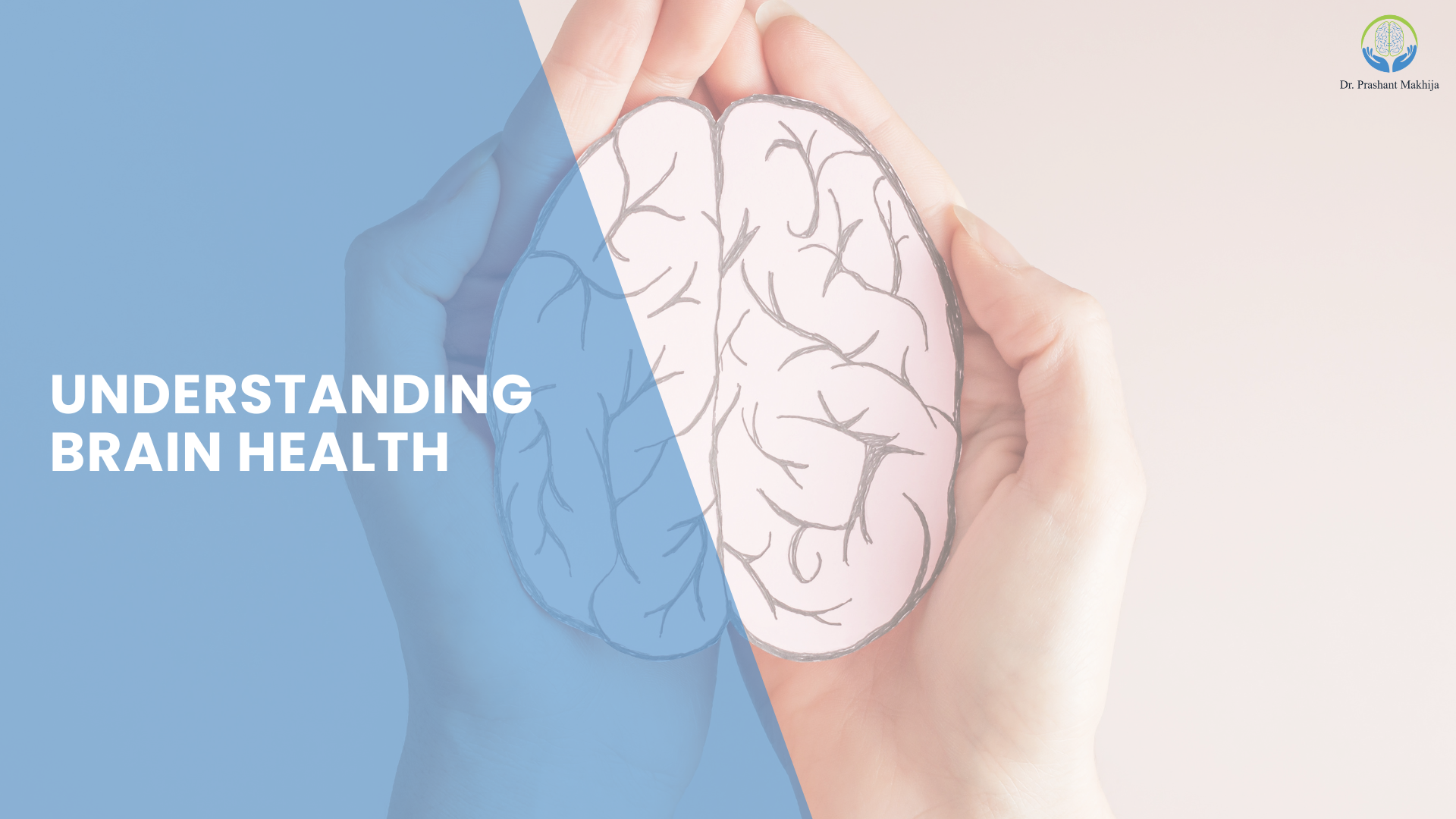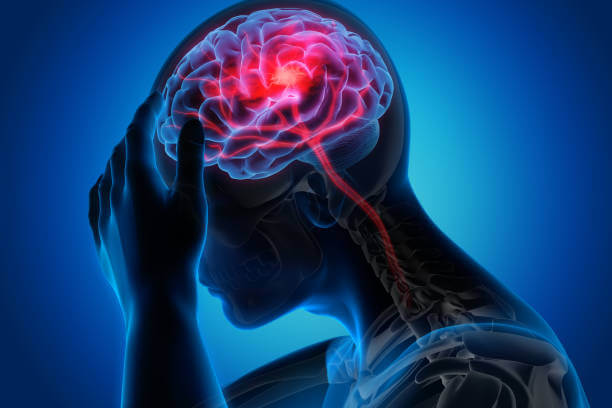Have you ever experienced “butterflies” in your stomach when nervous? Or felt nauseous during stress? There’s a scientific reason behind these sensations …
Blogs
As a neurologist with years of experience studying the most complex organ in the human body, I’m often asked what we can …
Parkinson’s disease (PD) is a progressive neurological disorder that primarily affects movement. Characterized by tremors, stiffness, and balance issues, it can significantly …
A stroke is a medical emergency that occurs when blood flow to the brain is interrupted, leading to brain cell damage. It …
Epilepsy is a neurological disorder that affects millions of individuals worldwide, yet it remains widely misunderstood. In this blog, we will delve into the intricacies of epilepsy, exploring what it is, its phases, symptoms, and essential information for those seeking to understand this complex condition better. What is Epilepsy? Epilepsy is a chronic brain disorder characterized by recurrent, unprovoked seizures. These seizures result from abnormal electrical activity in the brain, causing temporary disruptions in the brain’s communication system. While epilepsy can affect people of all ages, it often manifests during childhood or in individuals over the age of 60. Understanding Epileptic Seizures Epileptic seizures can be broadly categorized into two main types: focal seizures and generalized seizures. Phases of Epilepsy Symptoms of Epilepsy The symptoms of epilepsy vary widely depending on the type and severity of the seizures. Common symptoms include: Diagnosing Epilepsy Diagnosing epilepsy typically involves a thorough medical history, neurological examinations, and diagnostic tests such as electroencephalography (EEG) to detect abnormal brain activity. Neuroimaging techniques like MRI and CT scans may also be used to identify structural abnormalities in the brain. Treatment and Management While epilepsy is a lifelong condition, various treatment options are available to manage and reduce the frequency of seizures: Living with Epilepsy Living with epilepsy can be challenging, but with proper management and support, individuals with epilepsy can lead fulfilling lives. It’s essential to educate oneself, build a strong support network, and work closely with healthcare professionals to manage the condition effectively. In conclusion, epilepsy is a complex neurological disorder that requires comprehensive understanding and management. By spreading awareness and providing accurate information, we can break the stigma associated with epilepsy and support those affected by this condition in leading healthier, more empowered lives.
Migraines are a complex neurological condition that affects millions worldwide. Characterized by severe headaches and additional symptoms, migraines can interfere with daily …
As we age, it’s natural to experience some changes in our memory. We might forget where we put our keys or the …
Living with neuropathy can be a challenging experience, both physically and emotionally. The constant presence of chronic pain can significantly impact mental …
Sleep, a seemingly simple act, is a complex biological process orchestrated by the brain. For centuries, it has intrigued philosophers, scientists, and …
Epilepsy, a neurological disorder characterized by recurrent seizures, can significantly impact a person’s life. While the exact causes of epilepsy are complex, …
Migraines are often dismissed as “just a bad headache.” However, this debilitating condition is far more complex. It’s a neurological disorder that …
A stroke is a medical emergency that occurs when the blood supply to a part of the brain is interrupted or reduced, …












